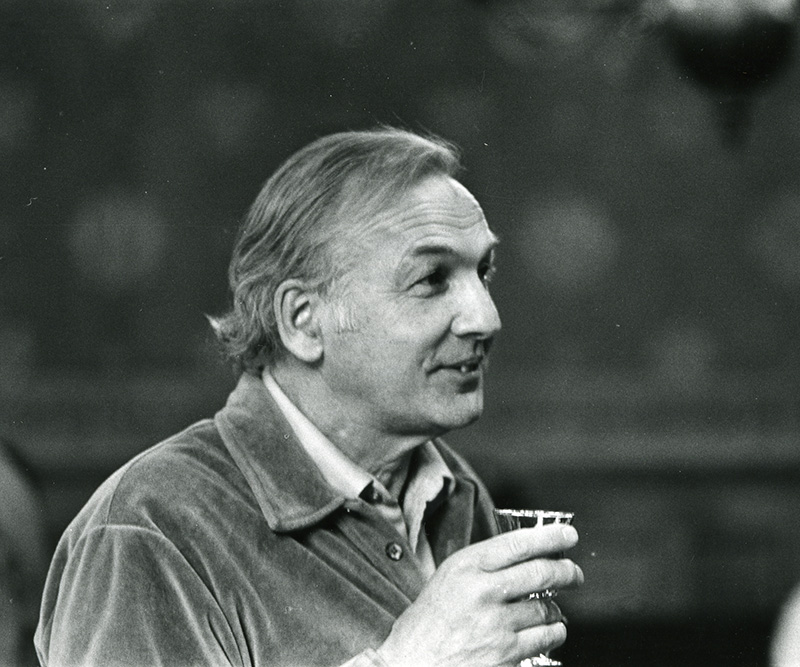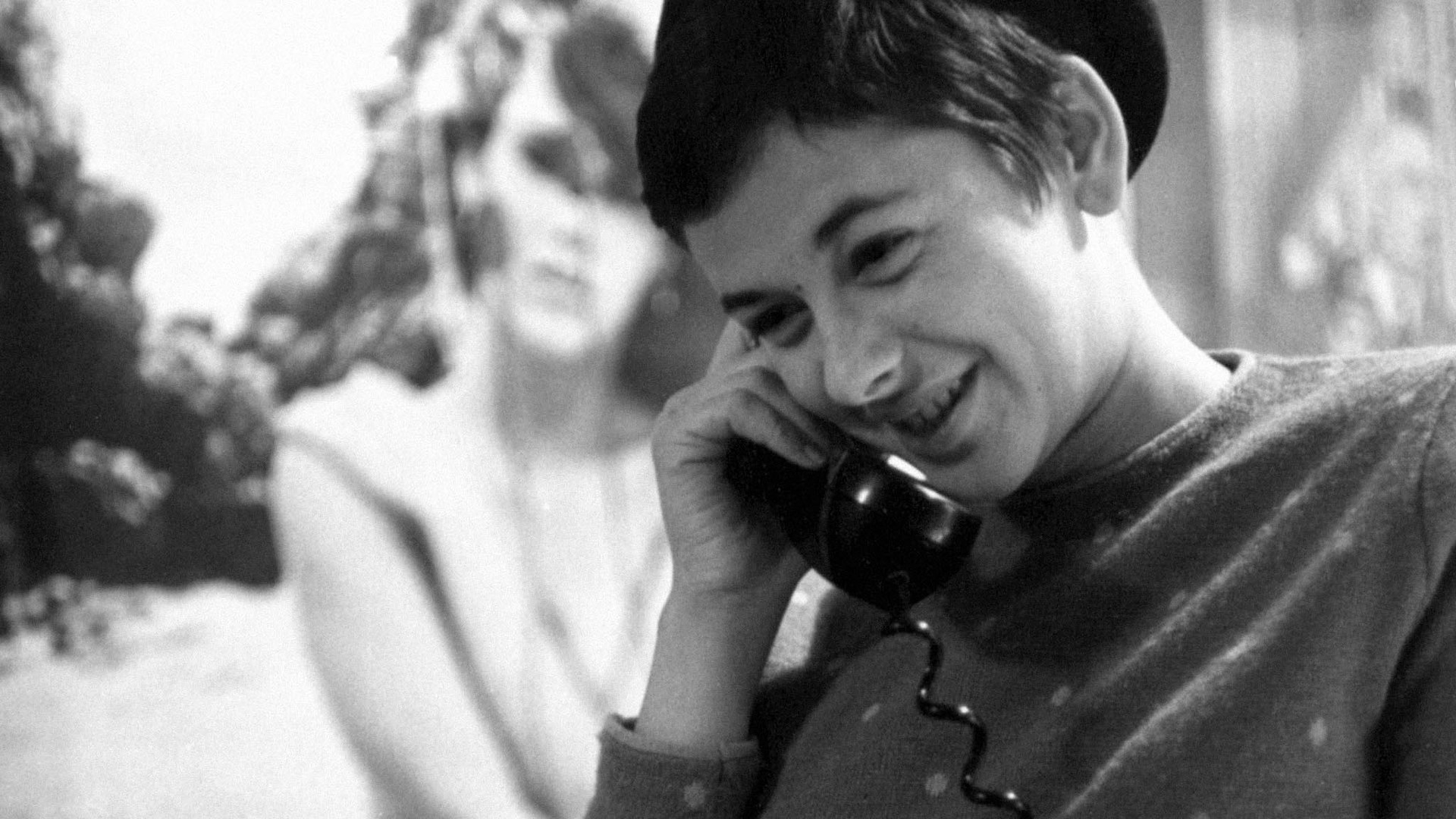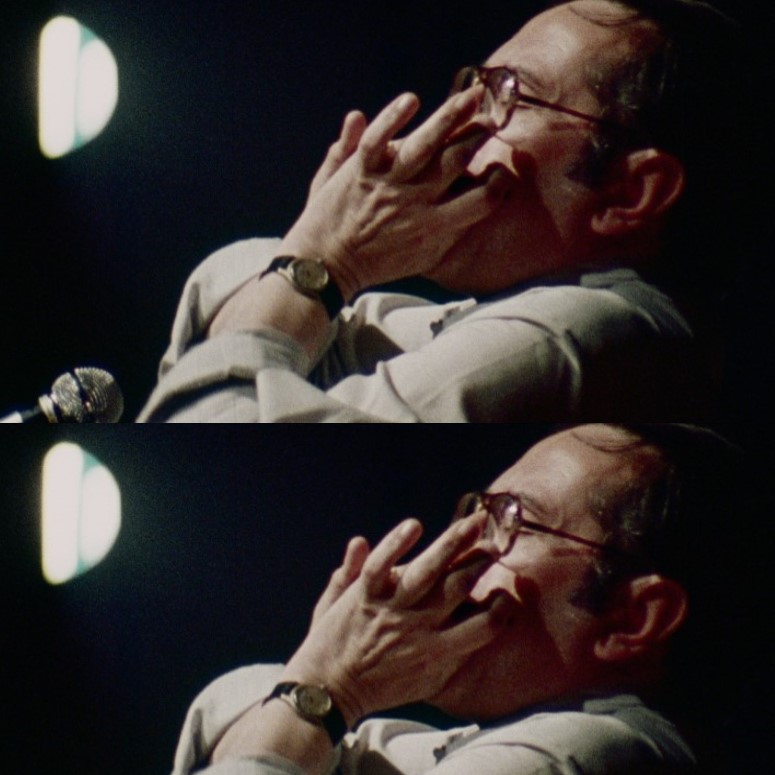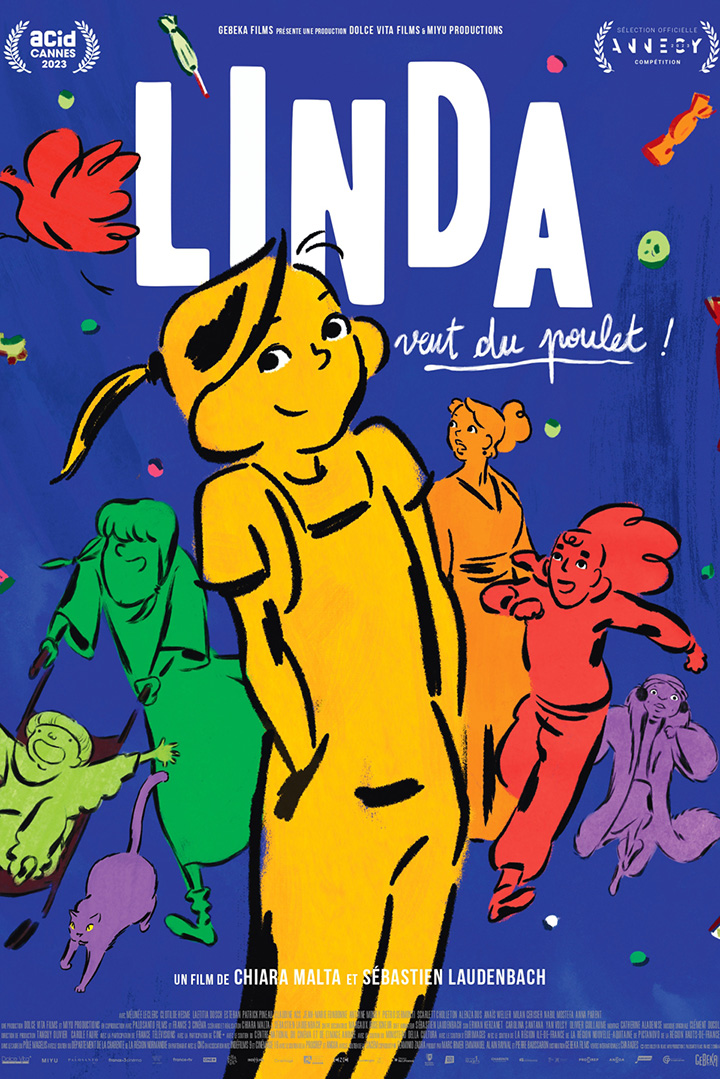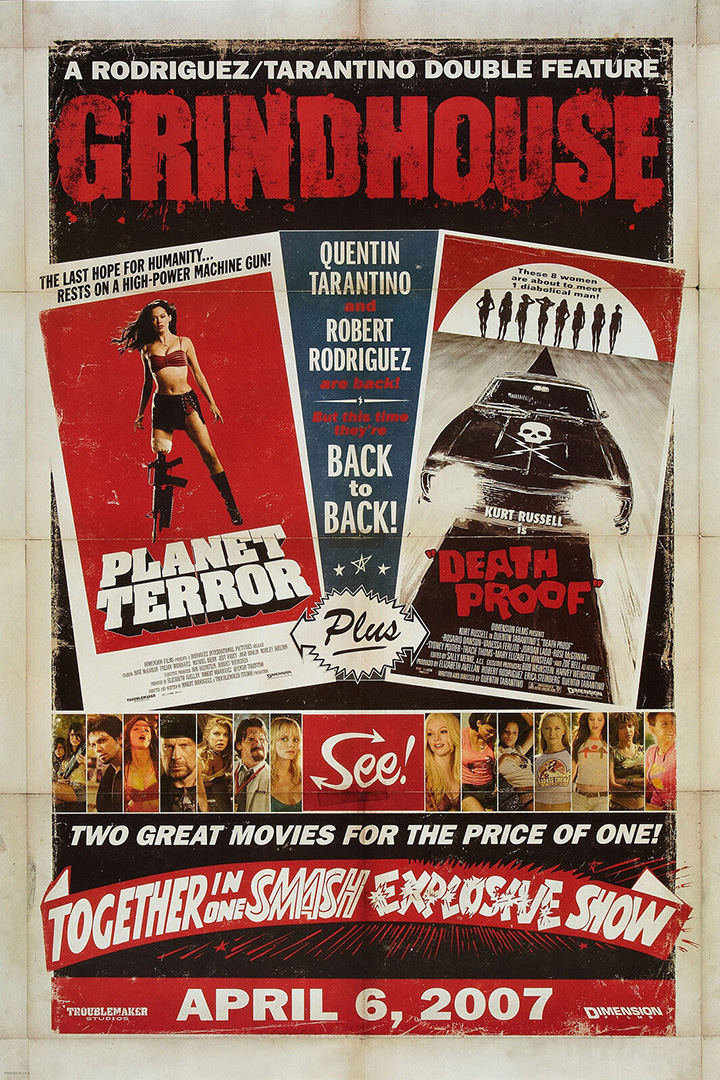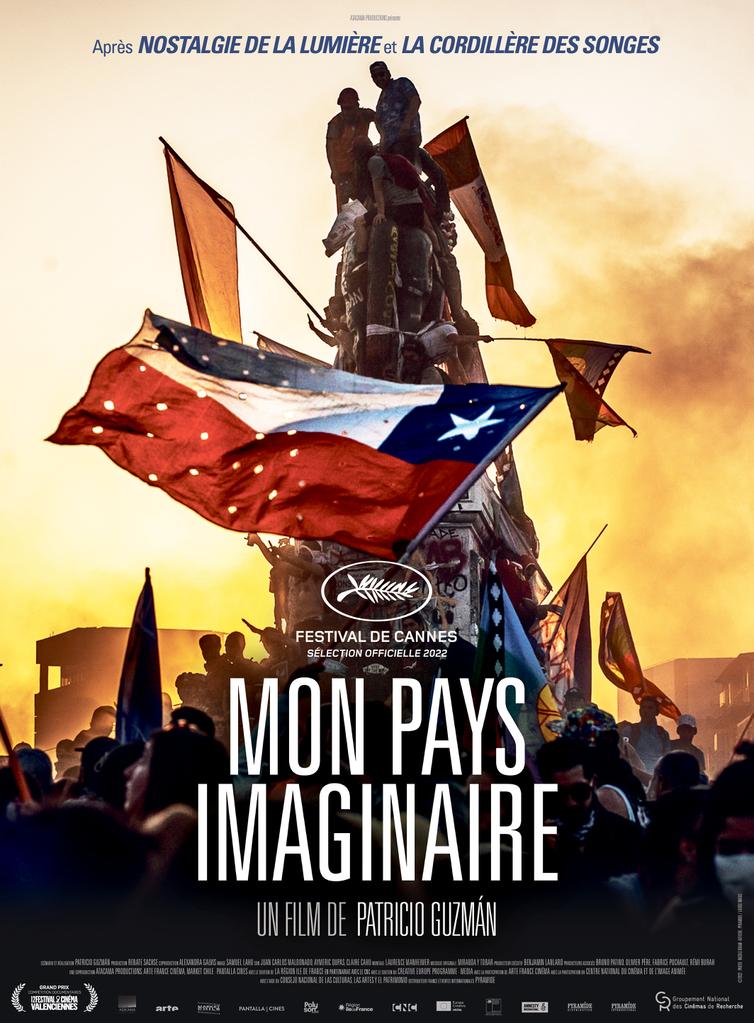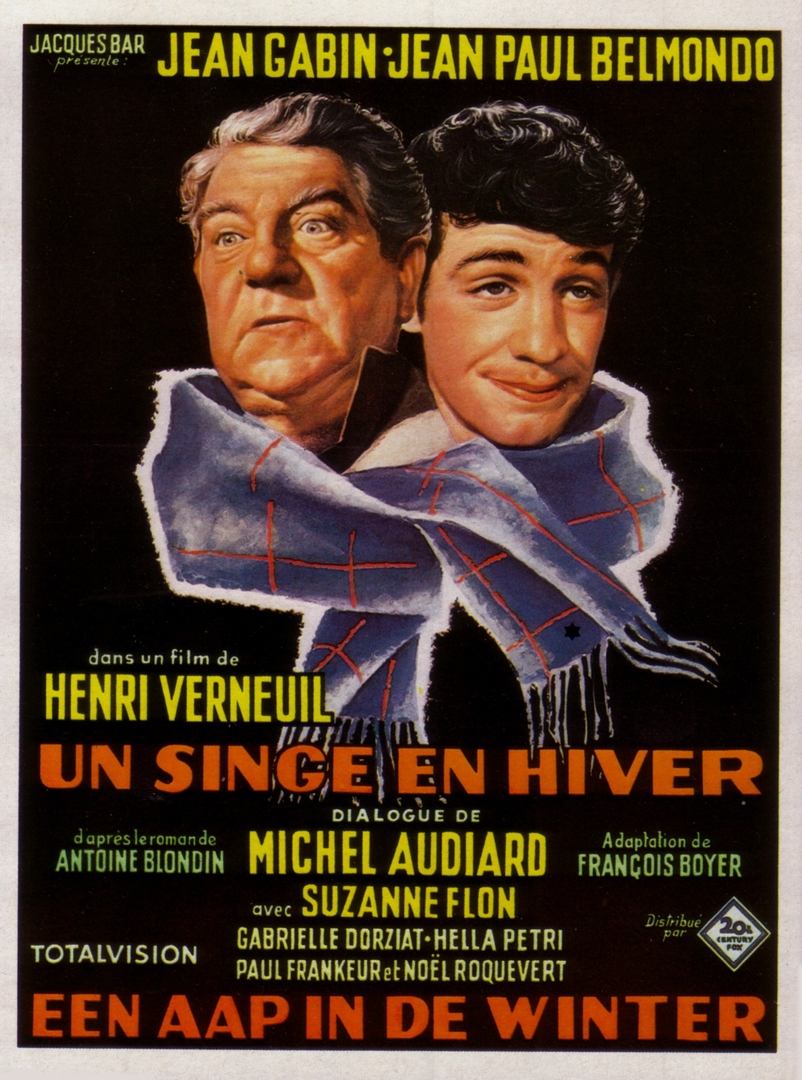Acadia Acadia?!?
After several nuanced portrait films of Quebec cultural figures, Simon Beaulieu, also a screenwriter, follows a trajectory that brings his work closer to the essay film. In addition to screening his films, the carte blanche we offer him showcases the diversity of his influences and the eclecticism of his tastes.
In 1968-69, at a time of bilingualism and biculturalism, the Acadian awakening at the Université de Moncton.
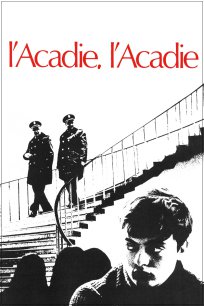
Michel Brault
Born in 1928, Michel Brault first devoted himself to photography. He joined the National Film Board as a cameraman in 1956. He collaborated on several films of the famous series Candid Eye, produced by the English team. He gradually turns to directing, a field in which he distinguishes himself, with the help of a portable camera, with which he captures the changing landscape of identity in Quebec during the Revolution tranquille. In 1958 he made the seminal film Les raquetteurs with Gilles Groulx and Marcel Carrière. In 1963, Brault and Pierre Perrault made Pour la suite du monde, which became the first classic of Quebec direct cinema. He also directed the film Les ordres in 1974. In addition to his work as a director, Michel Brault was the director of photography for such landmark films as Entre tu et vous (Gilles Groulx, 1969), Mon oncle Antoine (Claude Jutra, 1971), Kamouraska (Claude Jutra, 1973) and Les bons débarras (Francis Mankiewicz, 1980). His career will total more than 200 films, as director or director of photography.
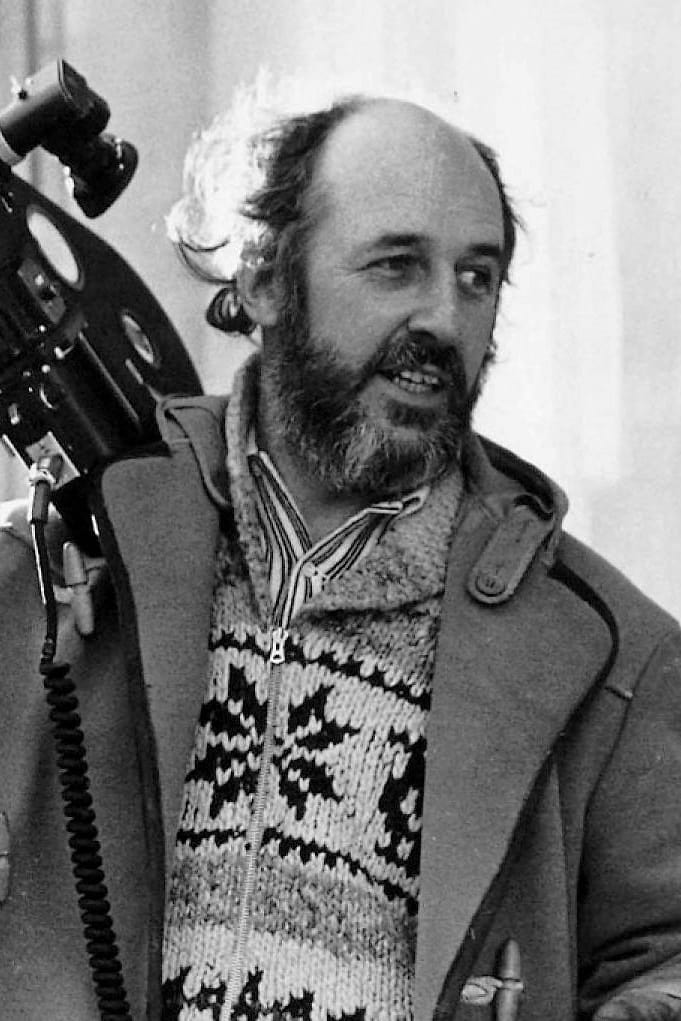
Pierre Perrault
Born in 1927, Pierre Perrault was a Quebecois filmmaker, essayist, writer, poet, and playwright. He is one of the pioneers of direct cinema. In 1955, he started to work as a writer for Radio-Canada. During a trip to Charlevoix the following year, he began recording local music and interviewing residents of the region accompanied by his wife and collaborator Yolande Simard. This material inspired a radio and a television series of the same name: Au pays de Neufve-France. This series led Perrault to take a greater interest in cinema. He proposed to the National Film Board to make a film about beluga whale hunting with Michel Brault whom he met at that time. Pour la suite du monde (1963) was screened at the Cannes Film Festival, a first for a Canadian feature film. He made a short film and two other feature films on L'Isle-aux-Coudres. He then directed more political works, such as Un pays sans bon sens (1970), a departure from direct cinema. However, he immediately returned to this form in his next work, L'Acadie, l’Acadie ?!? (1971), co-directed by Brault. He stayed politically engaged as he continued his career as a filmmaker with documentaries in Abitibi and Northern Quebec. He even attempted to trace the discovery of the province of Quebec.
Photo : Collections de la Cinémathèque québécoise
